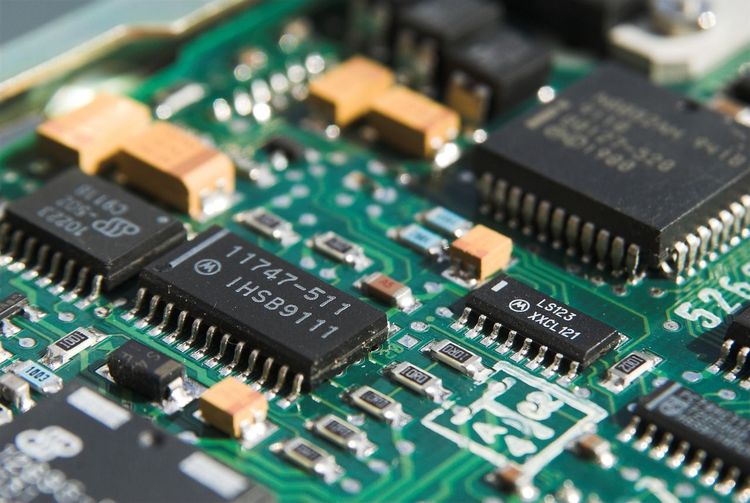Within 3 Months, 'AI Mother' Fei-Fei Li Creates a Unicorn Startup
Most people like

Unlock the power of language learning with an AI tutor. Transform your skills and experience personalized guidance on your journey to fluency.

Create Your Own AI Agents Effortlessly—No Coding Required!
Unlock the power of artificial intelligence by building personalized AI agents without any coding knowledge. Whether you're a business owner, a developer, or just someone curious about AI, our platform empowers you to design and deploy intelligent agents tailored to your specific needs. Dive into the world of no-code solutions and bring your AI ideas to life with ease!

Introducing an AI-Powered Companion RPG for Enhanced Virtual Interactions! Discover a revolutionary role-playing game designed to elevate your online experiences through intelligent interactions. Engage with dynamic characters and immersive narratives tailored to your choices and preferences, transforming the way you connect in virtual worlds. Experience the future of gaming and social interaction today!

In today’s digital landscape, having the ability to create customized forms swiftly is essential for businesses. With advanced AI tools, you can easily design intelligent forms without any coding knowledge. This user-friendly approach empowers anyone—from entrepreneurs to marketers—to streamline data collection and enhance user experiences, all while saving time and resources. Discover how AI-driven form creation simplifies your workflow and elevates your projects, making it accessible for everyone, regardless of technical skill.
Find AI tools in YBX



